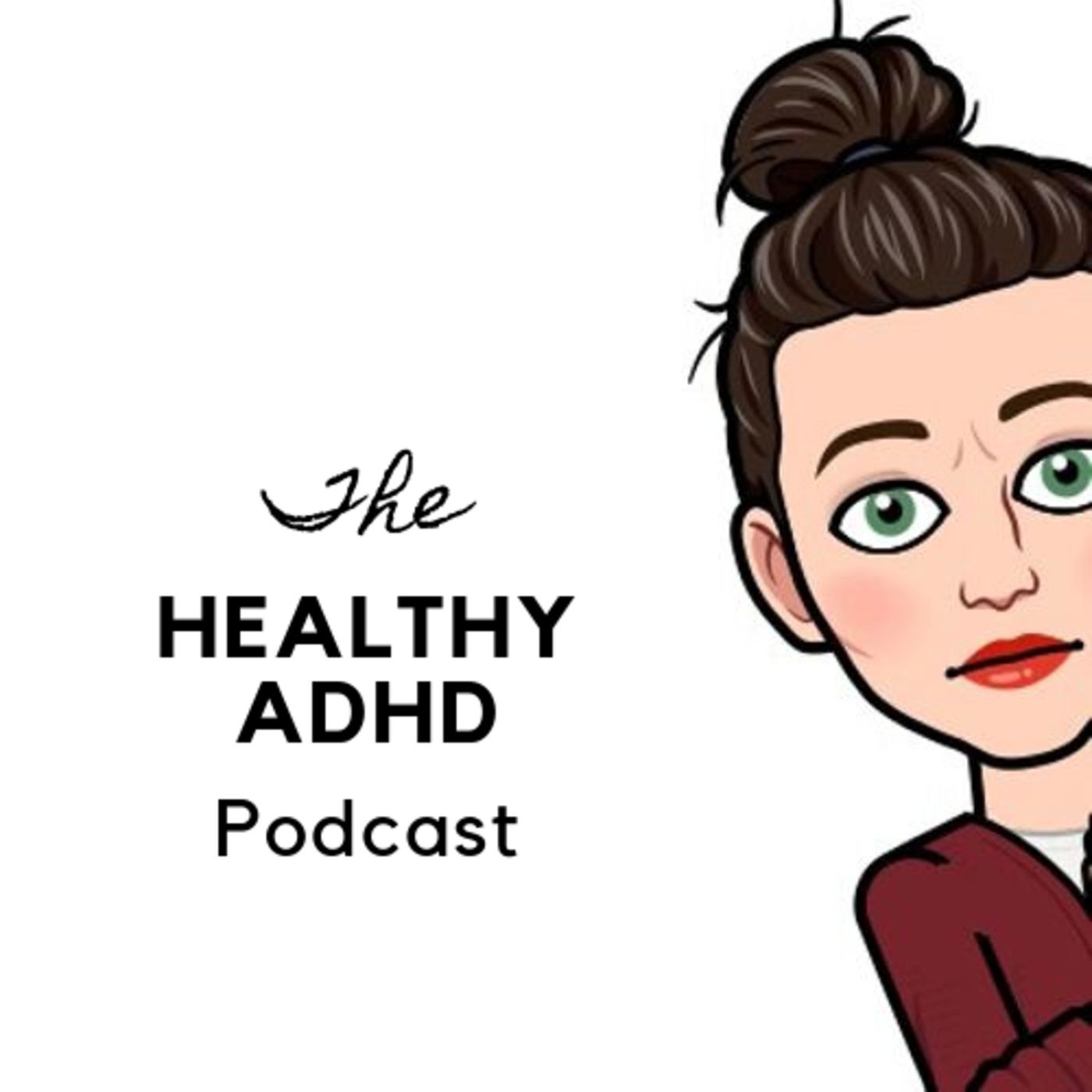


“Parents of these kids are always walking on eggshells because they respond to very subtle things, like the slightest thing not going their way.” “Kids who are highly irritable are like water at 90 degrees-always on the cusp of boiling,” says Dr. A new disorder called disruptive mood dysregulation disorder, or DMDD, describes kids who have severe outbursts with chronic severe irritability in between. Depression and irritability: Depression and irritability also occur in a subset of kids who have severe and frequent temper tantrums.Rather than ask for help, he may rip up an assignment or start something with another child to create a diversion from his real issues. Say he has a lot of trouble with math, and math problems make him very frustrated and irritable. Learning problems: When your child acts out repeatedly in school or during homework time, it’s possible that he has an undiagnosed learning disorder.Kids who have undiagnosed learning disabilities or who have suffered trauma or neglect may react this way when confronted with an uncomfortable or painful situation. Even if kids don’t have a full-blown anxiety disorder, they may still be overreactive to anxiety-provoking situations and melt down when they are stressed. Anxiety: Anxiety is another major contributor.So you have to get to the underlying cause.” “What people don’t understand is that a lack of focus, an inability to complete work and tolerate boredom, among other symptoms, can contribute to the escalation toward the explosive outbursts,” explains Dr. That doesn’t necessarily mean they’ve been diagnosed with ADHD-in fact the disorder may be overlooked in kids who have a history of aggression. Amy Roy of Fordham University, more than 75 percent of children who presented with severe temper outbursts also fit the criteria for ADHD. ADHD: In a recent study conducted by Dr.Some of the common causes of frequent meltdowns are: Sometimes the inability to regulate emotions is the result of an underlying problem. “Tantrums and meltdowns are like fevers-they can be triggered by so many different problems that we can’t make them stop until we understand what’s triggering them. “The thing is, there’s no such thing as tantrum disorder, or meltdown disorder,” notes Dr. When children don’t develop emotional regulation as part of normal development, the causes are varied.

The child feels she deserves or needs something that is being deliberately withheld from her-the cookie, the video game, something she covets at the toy store-and is overwhelmed by her frustration and sense of injustice.īut anxiety is another big trigger it causes kids to freak out, overriding the logic that would enable her to see that her anxiety is out of proportion to the situation. 1 emotion that causes children to lose their heads and blow up-think of it as the kid version of road rage , says child and adolescent psychiatrist Steven Dickstein. Whether mild or severe, tantrums are symptoms that a child is struggling with emotions she can’t regulate. This is opposed to a meltdown, during which a child loses control so completely that the behavior only stops when he wears himself out and/or the parent is able to calm him down. One benchmark many parents use is that a tantrum is likely to subside if no one is paying attention to it. “Tantrum” is commonly used to describe milder outbursts, during which a child still retains some measure of control over his behavior. Many people make a distinction between tantrums and meltdowns, though neither is a clinical term. And when they occur with frequency past the age in which they’re developmentally expected-those terrible twos-they can become a big problem for the child, not just the beleaguered adults who endure them. They’re hard to understand, hard to prevent, and even harder to respond to effectively when they’re happening. Indeed, tantrums and meltdowns are among the biggest challenges of parenting. It will come as no surprise to parents that the most common problem that brings young children to the attention of a psychologist or psychiatrist is emotional outbursts-tantrums and meltdowns.

Why Do Kids Have Tantrums and Meltdowns? Understanding them is the first step to reducing them


 0 kommentar(er)
0 kommentar(er)
